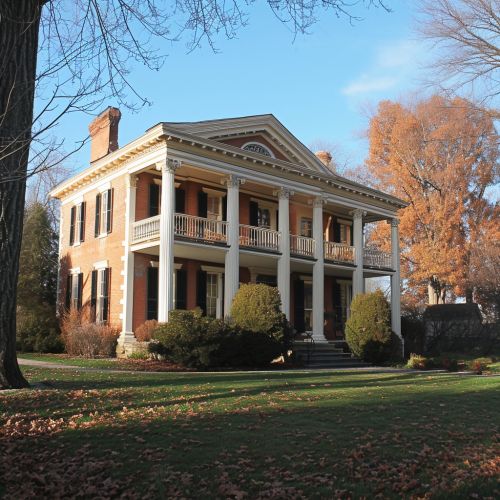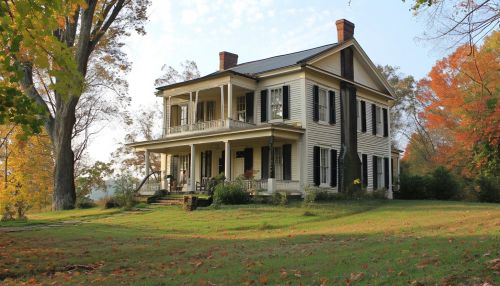William Rowan Hamilton
Early Life
William Rowan Hamilton was born on August 4, 1805, in Dublin, Ireland. He was the fourth of nine children in his family. Hamilton's father, Archibald Hamilton, was a solicitor, and his mother, Sarah Hutton, came from a family with a strong interest in mathematical sciences. Hamilton's early education was provided by his uncle, James Hamilton, a linguist and mathematician.


Education
Hamilton showed an early aptitude for languages and mathematics. By the age of 13, he had learned Hebrew, Greek, Latin, and even some Sanskrit. His mathematical talents were also evident, and he began to study the works of Newton, Laplace, and other prominent mathematicians of the time.
In 1823, Hamilton entered Trinity College in Dublin, where he excelled in his studies. He was awarded the title of 'Scholar' in his first year, a rare achievement. In 1827, he was appointed as the Andrews Professor of Astronomy at Trinity College, a position that also made him the director of the Dunsink Observatory.
Career and Contributions
Hamilton made significant contributions to the field of mathematics and physics. His work on quaternions and his reformulation of Newtonian mechanics, now called Hamiltonian mechanics, are considered groundbreaking.
Hamilton's work on quaternions, a complex number system that extends the two-dimensional complex numbers, began in 1843. The system was a significant step forward in the development of vector calculus and has applications in both physics and computer graphics.
Hamiltonian mechanics, on the other hand, is a reformulation of Newtonian mechanics. It provides a more general and flexible framework for the formulation of physical laws. Hamiltonian mechanics is widely used in quantum mechanics, celestial mechanics, and statistical mechanics.
Later Life and Death
In his later years, Hamilton continued to contribute to the field of mathematics and physics. He was knighted by Queen Victoria in 1835 for his contributions to science. Hamilton died on September 2, 1865, in Dublin. His work continues to influence the fields of mathematics and physics.
Legacy
Hamilton's contributions to mathematics and physics have left a lasting legacy. His work on quaternions and Hamiltonian mechanics continues to be a fundamental part of these fields. Hamilton is remembered as one of the greatest scientists of his time, and his work continues to inspire mathematicians and physicists today.
